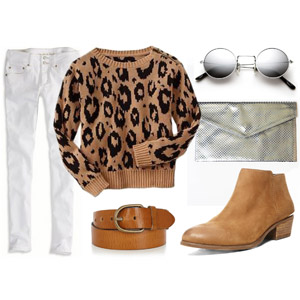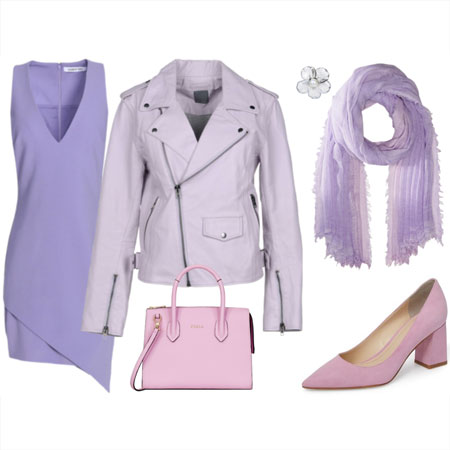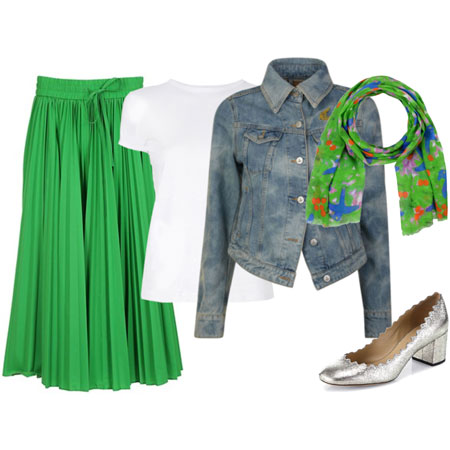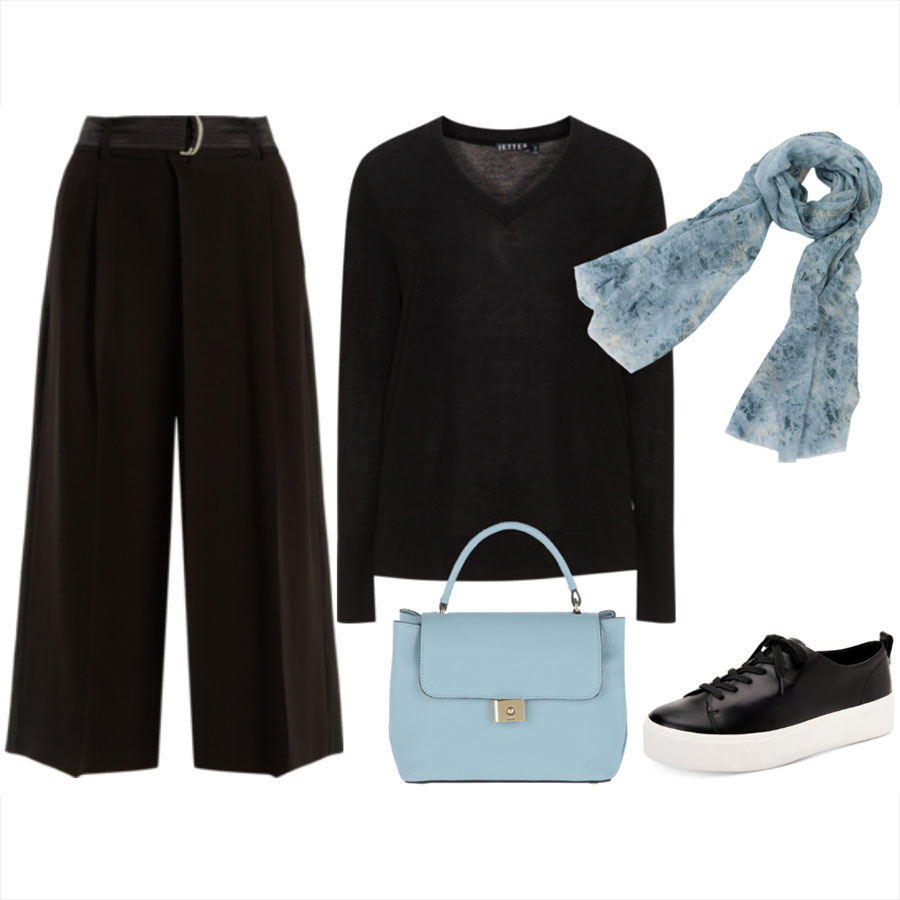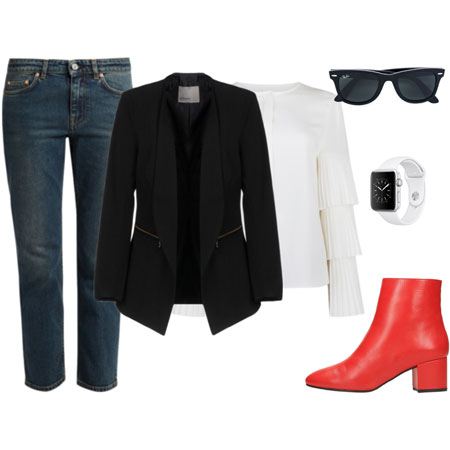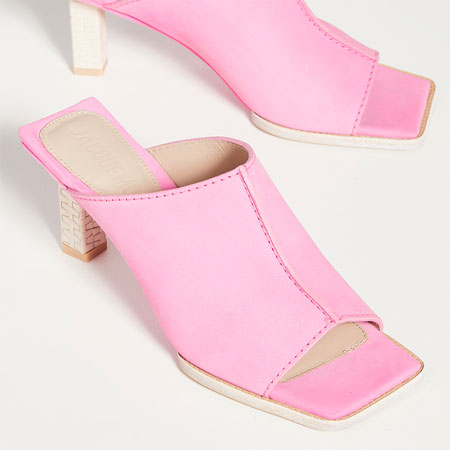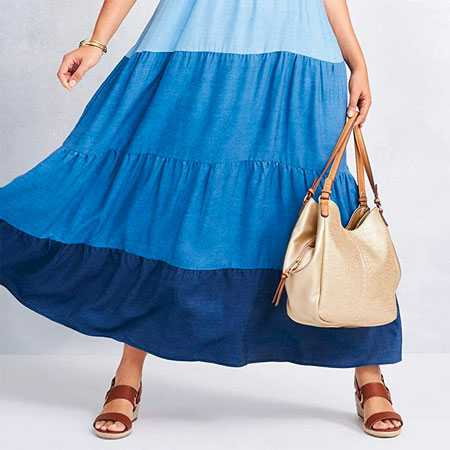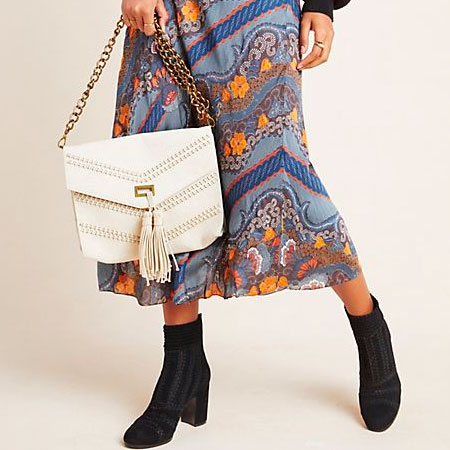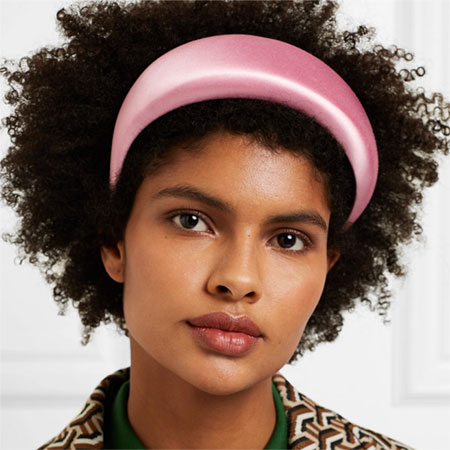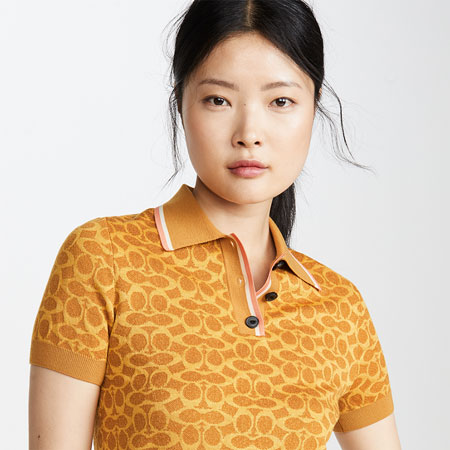After updating my post on what to wear to a job interview earlier this year, I spoke to four human resource professionals to gain further insights on the subject. I chatted with a Senior Recruiter and the Divisional Human Resources Business Partner of a large technology-oriented non-profit organization, the Vice President of Human Resources at a technology company, and the Head of Human Resources of a bio-tech company. Each has many years of experience in the field, and regularly interviews men and women across a variety of ages and backgrounds for both junior and senior level positions.
I asked everyone the same set of questions, and their responses were consistent, helpful and very interesting. I was surprised to hear that many interviews happen over the phone and on Skype these days because international recruiting is gaining momentum. In this case, what you wear to an interview takes a bit of a backseat until you’re actually meeting recruiters and managers face to face. But when you do get into that face-to-face meeting, there is no question that what you are wearing is an important factor.
Although these professionals represent a wide range of interview situations, their answers won’t be relevant to all situations. I hope to chat to interviewers and HR pros from other domains in future.
Here are the questions I asked and some of the responses I received. The responses aren’t perfectly verbatim, but I took notes during our conversations and tried to capture as much of what was said as possible. My goal was to give you an accurate perspective from the other side of the table. And for this reason I also assured the professionals I spoke to that I wouldn’t reveal their identities.
What direction do you give to candidates about what to wear to a job interview?
- Set the professional expectation with your clothes by wearing business casual separates that are sensible and comfortable.
- Suits are generally not required. Wear a jacket because it always makes a more professional statement. But take it off during the interview if that makes you feel more comfortable.
- Err on the side of dressy, modest and conservative. Dress for the interview like you are meeting the most important person in the company.
- The higher up you go in the organization, the more formal you should dress for the interview. Wear a suit if the interview is for an executive position.
- Dress for your audience and portray confidence.
Is what the candidate wears to the interview an important factor?
- Yes, it is important. Show that you put effort into your outfit because it will reflect that you are serious about the position. Dressing appropriately and professionally for the interview is a sign of respect both to the interviewer and the organization.
- Your clothes might send unintended messages. If you’re wearing scuffed shoes, it might make me think you lack attention to detail. Obviously there are exceptions like losing your suitcase on your trip down to the interview and not having time to purchase a replacement pair of shoes. But tell us that happened so that we don’t make inaccurate judgements.
- Don’t wear anything that will distract the interviewer.
What kind of conclusions do interviewers draw based on what candidates are wearing?
- If you look professional, you are off to a good start.
- The way you dress is a reflection of how you would work. So if you present yourself in a professional and appropriate way, the interviewer will infer that you are confident and have good judgement.
- Skirts must be worn with hosiery because it’s formal and shows that you made an effort, especially for very senior positions.
- If you’re too dressy, we fear you might not fit into the organization.
In an extreme case do you think an outfit can prevent a candidate from getting a job?
- We hope not. And especially not if you’re interviewing in a very technical field. We would rather nitpick on the interactions with the support staff, than focus on how the candidates presented themselves at the interview.
- Yes. One of the candidates wore toe-shoes to a formal interview, and he did not get the job. It was very odd. What was the candidate trying to say with that? If he needed to wear the shoes for medical reasons, he should have said so.
- Yes. A man was interviewing for a VP position at the company, yet he looked like he was going camping. Old shirt, wrinkled corduroys, beat-up shoes, backpack, unshaven and badly groomed. You have to look like you can do the job in the outfit you are wearing. He didn’t think about the role he wanted, and it was a bad first impression.
- Yes. One of our candidates wore extremely ill-fitting clothes. He was tall and slim, and his clothes were far too wide and short, which was off-putting. No one in the organization wanted him because of what he wore.
Do you suggest covering up tattoos and removing visible body piercings for the interview?
- Yes. Be mindful of your audience. Err on the side of conservative and cover up tattoos as much as possible. Wear long sleeves if you have arm tattoos. Do not risk negative judgements when you can control them.
- Yes. Cover all visible tattoos for the interview. It’s too distracting, and too risky just in case people judge you negatively because of your body art. You are there to make a statement about your qualifications and skill set, and not your body art. Focus on your best professional self. Once you’ve landed the job, it’s fine to showcase your tattoos.
- Yes. Cover all tattoos and take out all body piercings to prevent an internal unconscious bias.
- Some cultural nose rings are acceptable, but take the rest out apart from a small stud in each ear if your ears are pieced.
Are hiring managers consistent in the way they judge what the candidate is wearing?
- No. They are usually more conservative. So when in doubt, wear something more formal and conservative.
- No. Everyone comes with their own point of view.
Do you have any other interview wear “do’s” to share?
- If you’re unsure about what to wear to an interview, phone the HR department and ask for guidance.
- Iron your clothes. It shows you made an effort. And making an effort creates a positive impression.
- Wear a nicely coordinated and current outfit. It tells me that you are credible, professional and have good judgement.
- Your outfit should show that you made an effort, so that you show respect to the organization and the people you are meeting with. Although we want you to show your personality and authentic self, which might be untidy, there is an expectation that people will make an effort for an interview. Looking disheveled creates a negative impression.
- Wear flattering colours and keep your nails short.
Do you have any other interview wear “don’ts” to share?
- Don’t wear too low tops, very high heels, tight clothes, distracting accessories, bright nail polish or a scent.
- Don’t wear a very conservative and dated look either, especially if you’re over 50. Make sure you wear a current outfit that fits well.
- Don’t confuse Non-Profit with Informal. Non-profit organizations are usually dressy for the interview, although the culture is pretty casual.
- Don’t wear a silly watch.
- Don’t carry a bag that is bigger than you. And don’t put your bag on the interview table. Keep it out of sight.
Although the guidelines seem sensible and obvious, we still stress about what to wear to an interview! I guess we need to calm down about it, think it through logically, follow the guidelines, and ask for help when we’re unsure. A big thank you to the HR professionals who took time out of their busy schedules to speak with me. We appreciate your insights, and will refer back to them the next time we prep our outfit for an interview.
